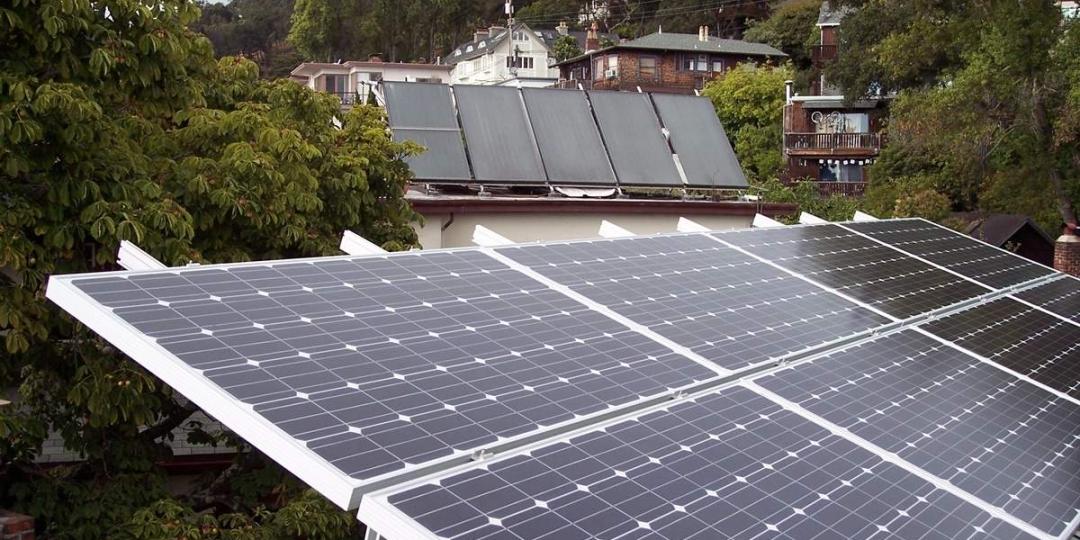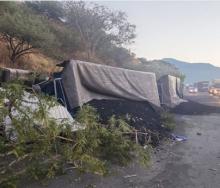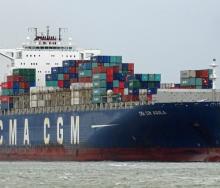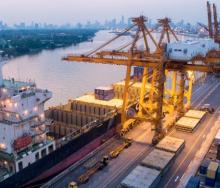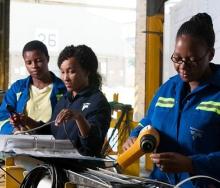Municipalities countrywide should follow Cape Town’s lead to produce electricity and allow households and businesses to generate power and sell it back to the grid to reduce the cost of load-shedding to the economy.
This is the call from the Organisation Undoing Tax Abuse (Outa) following a report by Intellidex indicating that load-shedding is costing the economy R150 million to R250m per day.
Outa executive manager responsible for the Community Action Network (Can), Julius Kleynhans, believes a big part of the solution to the country’s electricity problems lies with citizens, rather than politicians. Can is an Outa initiative focused on organising communities to participate effectively in local government affairs.
Kleynhans said this had been underlined with the City of Cape Town’s announcement last week that it had obtained permission to generate its own electricity and that plans were under way to allow residents and businesses to sell their excess electricity back to the city.
“Citizens and businesses in other parts of South Africa should be inspired by what’s happening in Cape Town, and insist on being part of the solution in our own towns and cities,” Kleynhans said.
“If Cape Town’s decision-makers could get the necessary permission to generate their own electricity and allow residents to do the same, then we need to know what’s stopping other municipal authorities from doing the same. We urgently need the legal authorisations for customers to feed back excess electricity into the grid and to be paid for this.”
Kleynhans added that many other countries benefited from ordinary residents and businesses generating solar power on the roofs of their homes or buildings and selling it to the electricity utilities or authorities.
“The biggest short-term challenges will lie with the National Treasury procurement approvals, the Nersa tariff determinations, and the promulgation of municipal by-laws to enable this initiative. Cities such as Tshwane and Johannesburg have been sitting on such by-laws for some time and need to finalise these. We must collectively challenge the different levels of government on removing all these obstacles as fast as possible.”
Surplus electricity generated by residents and businesses can reach residents who do not have access to solar power (or municipal power) by way of “wheeling”. In this way, local government can improve and extend services, and in the process empower communities and help the economy.
“There are opportunities to be creative around addressing poverty by enabling marginalised communities to become part of the solution. A potential example for this can be in the form of solar infrastructure development offset by corporate social responsibility programmes and Treasury grants. Imagine if former free basic electricity recipients could now generate electricity and sell the surplus back to the municipality, how much tax money can be saved and what economic stimulation this may create in these communities,” Kleynhans said.
This, however, needs to happen in a well-regulated environment, requiring homeowners to have a certificate of compliance for their solar systems.
The new Eskom electricity tariff increase of 18.65% will hit the pockets of South Africans this April. The municipal increase, based on Eskom’s increase to municipalities, will be implemented from July 1. These increases will be set by Nersa and included in municipal budgets. For example, the City of Tshwane’s tariffs are expected to go up 12.7% in July.
“Residents cannot afford these exorbitant tariff hikes. Solutions like feed-in tariffs provide cheaper electricity and should help to keep tariffs down,” said Kleynhans.
“It is time to accelerate public-private partnerships to bring about real change and stimulate economic growth. Cheap, sustainable and always available energy creates the foundation for a country’s economy to triumph.”
